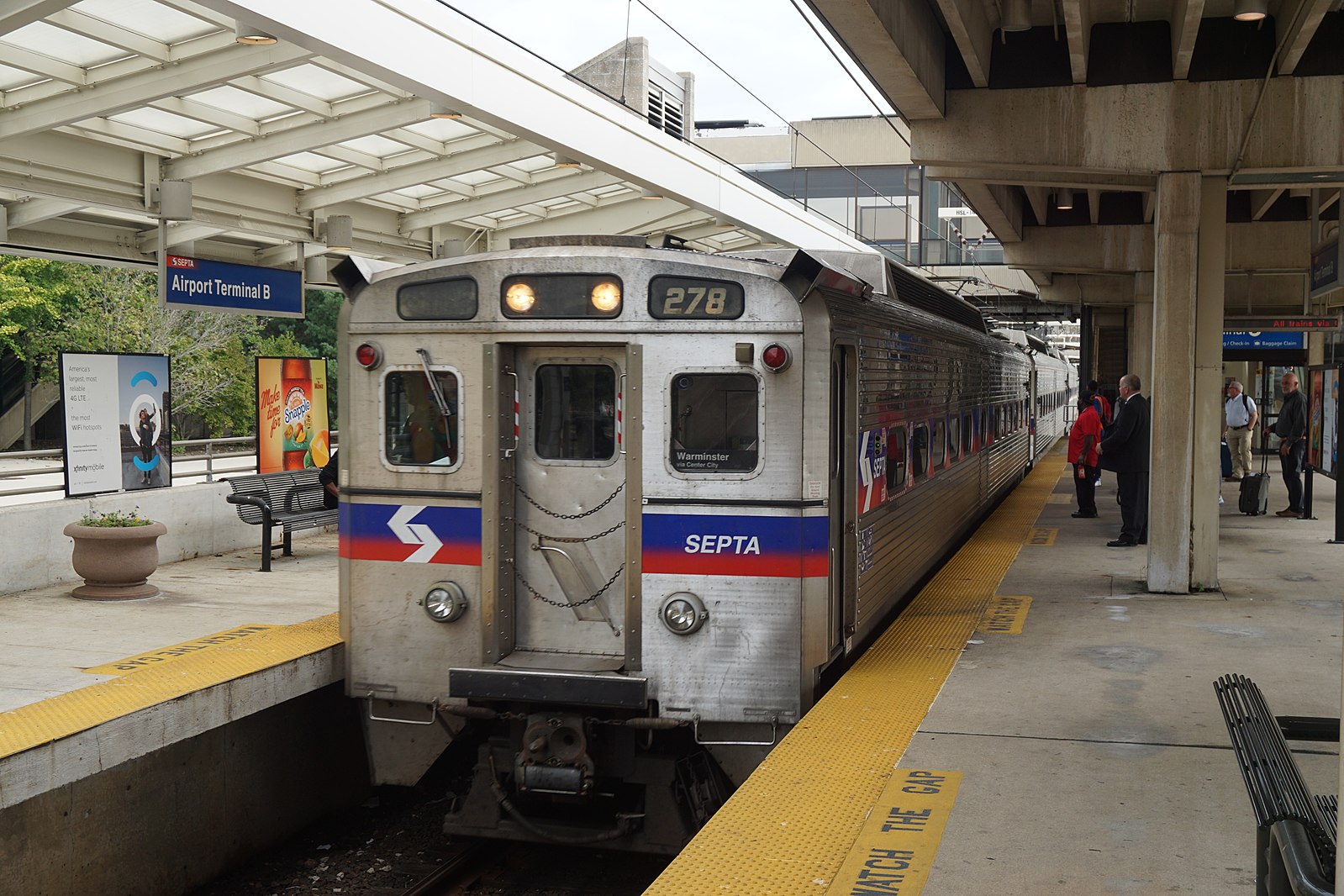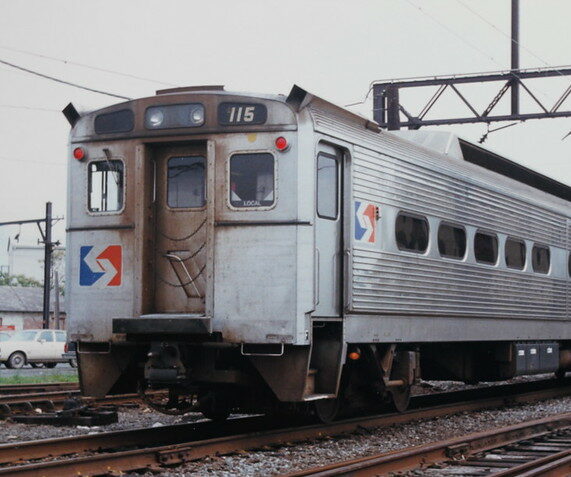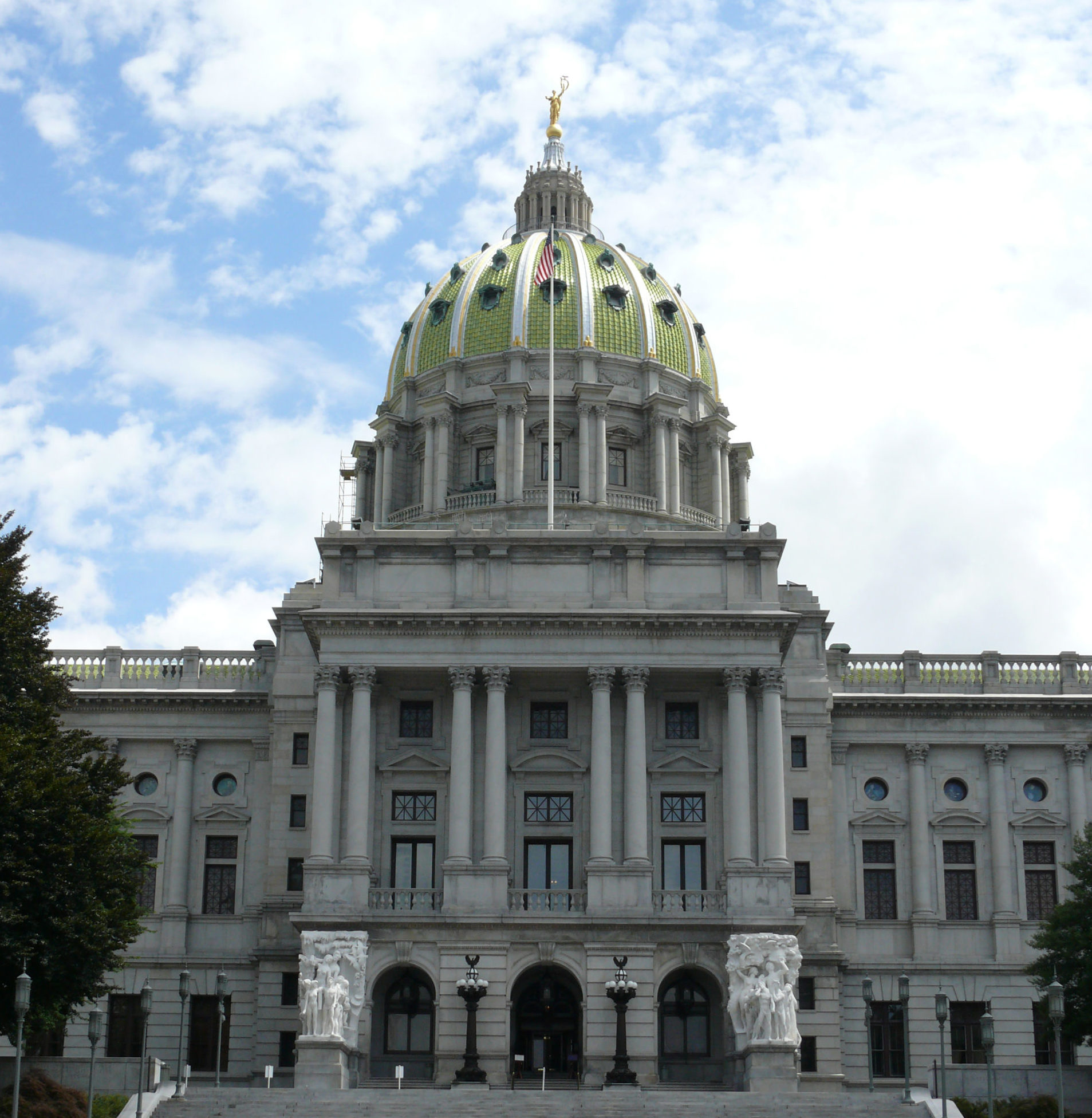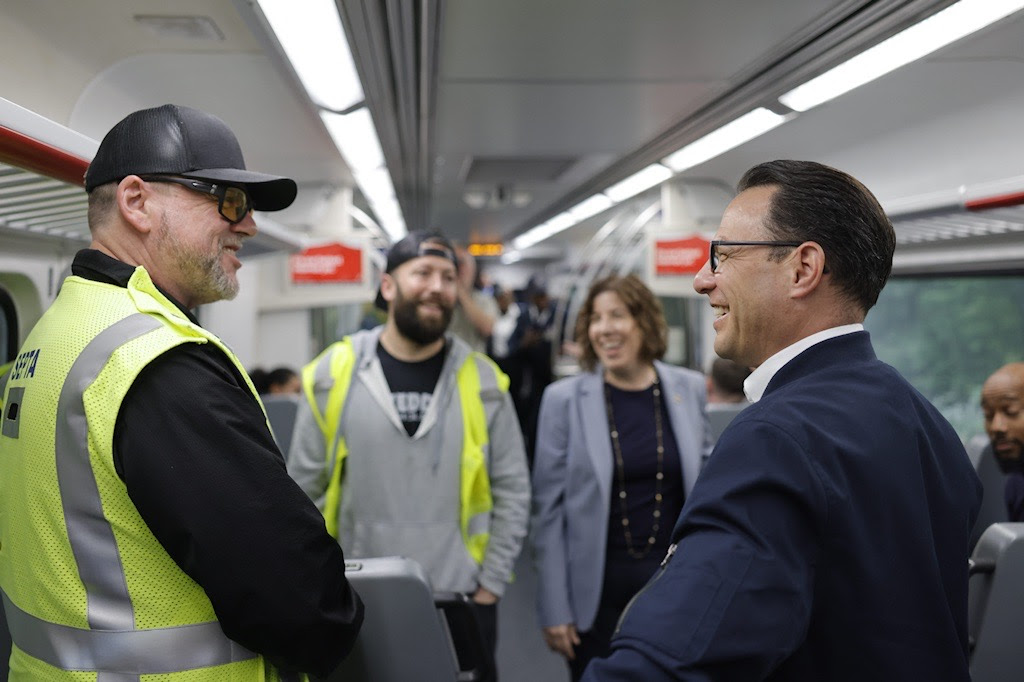The Emmy might have gone to “The Pitt.” But Pennsylvania Democrats and the Southeastern Pennsylvania Transportation Authority (SEPTA) deserved the award for best drama. Let’s set the scene. If the Pennsylvania legislature couldn’t increase funding for mass transit by Aug. 14, the Southeastern Pennsylvania Transportation Authority (SEPTA) would have to cut service and raise fares. […]





